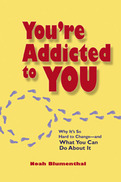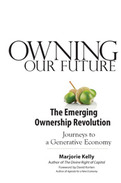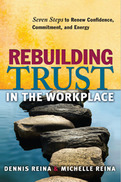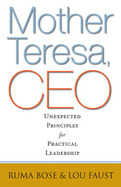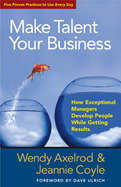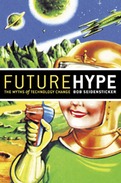- Introduces the breakthrough concept of "self-addiction" as the roadblock to making life changes
- Offers a proven strategy for breaking self-addiction and fostering lifelong improvement
- Includes hands-on tools, techniques, and exercises in every chapter
2012
- Offers a bold solution to our recurring economic crises: innovative new forms of institutional ownership
- Takes the reader on a global journey to meet the people and organizations that are pioneering new forms of life-sustaining ownership
- From the author of the classic The Divine Right of Capital
- Click here for the press release
Looking around at the wreckage left in the wake of the world economys latest crisis, veteran business journalist Marjorie Kelly noticed that some institutions were left relatively unscathed. What did they have in common? The key, Kelly realized, is seemingly obscure: ownership. Prominent among the survivors were organizations that combined the flexibility of traditional private ownership with a focus on the common good.
As long as businesses are set up to focus exclusively on maximizing quarterly returns for a limited group of individuals, the economy will be plagued by destructive boom-bust cycles. But now people are experimenting with new forms of ownership. We are in the midst of the most creative period of economic innovation since the dawn of the Industrial Revolution. Kelly calls these new forms generative: aimed at creating the conditions for life for many generations to come. They are in contrast to the dominant ownership designs of today, which can be called extractive: aimed at extracting short-term financial wealth.
To understand these emerging ownership alternatives, Kelly reports from all over the world, visiting a community-owned wind facility in Massachusetts, a lobster cooperative in Maine, a multibillion-dollar employee-owned department-store chain in London, a foundation-owned pharmaceutical in Denmark, a farmer-owned dairy in Wisconsin, and other places where an economy that works for all is being built.
This is not a moment for old solutions and tired approaches. As we enter a new era of limits, alternative ownership designs can help it become an era of fairness, sustainability, and community.
2011
Offers ten suprising leadership lessons and shows how they can improve snd enrich any leader or organization.
When most people think of Mother Teresa, they think of a saint—a spiritual hero of extraordinary humanitarian accomplishments, a Nobel Peace Prize winner. But Mother Teresa was also the leader of one of the world’s largest and most successful organizations: the Missionaries of Charity. Since founding it in 1948 she has raised millions of dollars and, with over a million volunteers in more than 100 countries, it remains one of the most recognized brands in the world. How did one nun who never received any formal education in business build such an impressive global organization? Frank, realistic, and firmly grounded in practicality, Mother Teresa’s leadership style helped to inspire and organize people across the world. This book shares ten essential leadership principles drawn from Mother Teresa’s example and applies them to today’s business world. Authors Ruma Bose, an entrepreneur who volun- teered with Mother Teresa, and Lou Faust, a leading business expert, are the first to examine her in this light—as a leader whose management style and dedication to a singular vision led to one of the world’s most unlikely success stories. Mother Teresa may have been a saint, but her spectacular success was not a product of divine providence. Her genius was the simplicity of her vision and her dedication to its implementation. It was in the way she treated her people, refusing to distance herself from the everyday work of a typical sister of the Missionaries of Charity. It was in how she handled tough choices—like accepting donations from brutal Haitian dictator François “Papa Doc” Duvalier. These were the principles that made her the great leader of a global organization, and they can be applied by anyone in any organization—no sainthood required.Shows how managers can develop the talents of their employees naturally, efficiently and effectively.
Despite considerable investment in resources and tools, many companies struggle to meet the demand for the talent they require. Make Talent Your Business\u201d gets to the heart of the matter: Managers themselves are in the best position to help people learn from experience (the uncontested major source of development) and shows managers how to do it by using the five practices that work for managers who are exceptional at building talent. This set of practices goes well beyond the usual managerial coaching and performance management. It moves the focus from performance today to development of skills that truly "raise the game" of employees—skills such as in-the-moment judgment, customer relationship building and collaborative decision-making. Managers who grow talent enhance their own reputations and get better results, retain people, attract talent and make their organizations more agile and capable to deal with future challenges.
2006
- Convincingly debunks the myth that technology today is changing at an unprecedented rate and totally transforming modern society
- Gives readers the perspective to look skeptically at claims that every new technology is a world-changing breakthrough they must have
- Written by a twenty-five-year veteran of the high-tech industry who spent eight years as a Microsoft project manager


